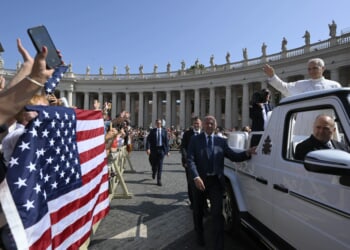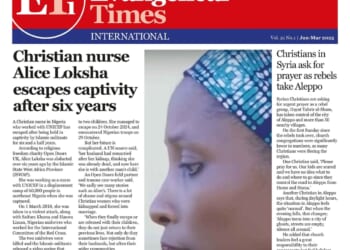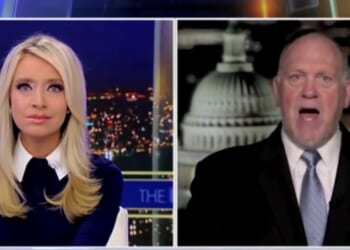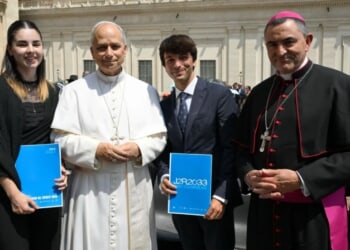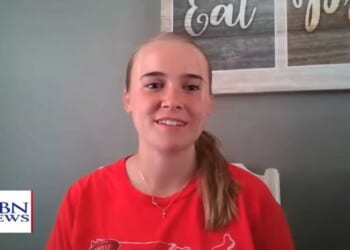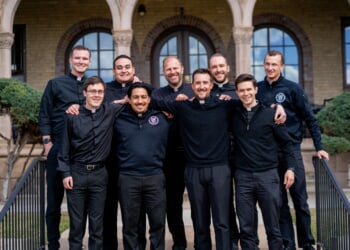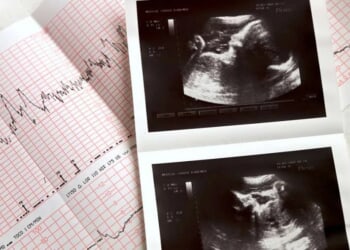Washington D.C., Aug 27, 2025 /
06:00 am
As lawmakers prepare to return next week from their August recess, the United States Conference of Catholic Bishops (USCCB) wants them to get to work on immigration reform and bolstering federal safety net programs, among other issues, framing its advocacy work around protecting human dignity and supporting the most vulnerable.
“As a nonpartisan organization, the USCCB is engaged with members of Congress, their staff, and the White House and the administration to advance the common good for all and uphold the sacredness of human life and the God-given dignity of the human person,” Chieko Noguchi, the USCCB’s executive director for public affairs, told CNA.
“This means that the care for immigrants, refugees, and the poor is part of the same teaching of the Church that requires us to protect the most vulnerable among us, especially unborn children, the elderly, and the infirm,” Noguchi noted.
Addressing the conference’s ongoing public policy priorities, Noguchi referenced a letter to members of Congress earlier this year from USCCB President Archbishop Timothy Broglio that in addition to immigration reform called for legislation that supports vulnerable communities, especially children and low-income families.
But following this summer’s passage of the One Big Beautiful Bill Act spending package, Broglio faulted that measure for including “unconscionable cuts to health care and food assistance, tax cuts that increase inequality, immigration provisions that harm families and children, and cuts to programs that protect God’s creation.”
A recently emerging issue for the bishops is digital safety. In a joint letter this July with other faith-based and family organizations, the USCCB voiced support for the Kids Online Safety Act. The measure would place greater responsibility on technology companies to design platforms that protect minors from harmful content and addictive features. The bishops described the legislation as consistent with their commitment to safeguarding children and promoting environments where families can thrive.

This fall, immigration remains central to USCCB advocacy efforts. The bishops continue to press Congress to provide permanent protections for so-called “Dreamers,” referring to people who were brought to the U.S. as children.
“The continued uncertainty associated with the DACA (Deferred Action for Childhood Arrivals) program is untenable and unjust, depriving hardworking people the ability to be fully recognized members of our society,” the conference maintains.
The bishops also oppose changes to social safety net programs that would limit eligibility for mixed-status families (those with both legal and unauthorized members). They cite, for example, the Child Tax Credit, which currently only requires the benefiting child to have a Social Security number.
“This is consistent with the goals of such programs, which exist to empower families and to prevent them from falling into poverty,” the USCCB asserts.
Religious Workforce Protection Act
The bishops are also urging passage of the Religious Workforce Protection Act, which as of Aug. 22 had 10 Democrat and three Republican lawmakers cosponsoring the House bill and would authorize the continuation of lawful nonimmigrant status for certain religious workers affected by the current backlog for religious worker immigrant visas.
A similar bill in the Senate now has five Republicans and one Democrat cosponsoring. Numerous Catholic institutions such as parishes and schools depend on international clergy. In an Aug. 7 interview with EWTN, Secretary of State Marco Rubio said the Trump administration is committed to fixing the ongoing backlog of religious worker visas.
Despite the fact that earlier this year the USCCB ended its decades-long partnership with the federal government to resettle refugees due to funding cuts and suspended agreements that made the program unsustainable, the bishops continue to call for generous resettlement policies and humane border enforcement.
Housing is also an increasing policy focus. In an Aug. 8 letter, the bishops pressed Congress to strengthen funding for affordable housing and community development in the fiscal year 2026 appropriations process.
(Story continues below)
Subscribe to our daily newsletter
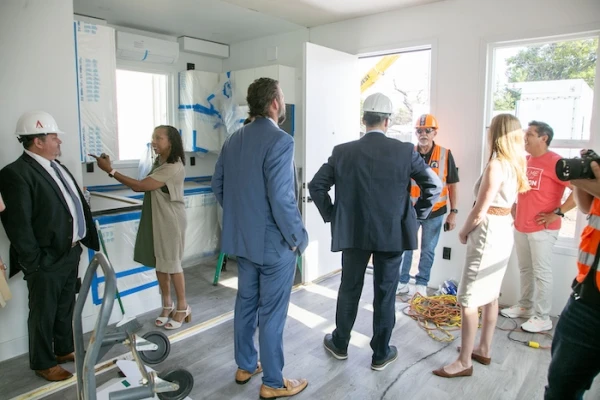
Meanwhile, the USCCB’s advocacy around health care policy remains linked to the Church’s pro-life stance. The bishops have been strongly supportive of congressional efforts to ensure that federal programs such as Medicaid do not fund abortion. In July, a federal judge blocked a provision in the One Big Beautiful Bill Act that was aimed at defunding Planned Parenthood for one year and ordered the federal government to resume Medicaid reimbursements to the abortion giant while litigation over the law continues.
The USCCB also supports expanding access to maternal health services, pediatric care, and palliative care. Broadly on fiscal policy, the USCCB has called for a federal budget that prioritizes the poor and reflects Catholic principles of solidarity centered on the common good.
The bishops also continue to press for robust support for international humanitarian aid. As global crises intensify, the bishops have asked Congress to provide funding for humanitarian and development assistance in the fiscal year 2026 budget. Funding for the current fiscal year ends on Sept. 30. The USCCB frames these legislative priorities as connected parts of a single mission.
“The decisions you make in your important work on behalf of our nation will have a lasting impact on the well-being and common good of many people,” Broglio wrote. Congress returns from its summer break on Sept. 2.








